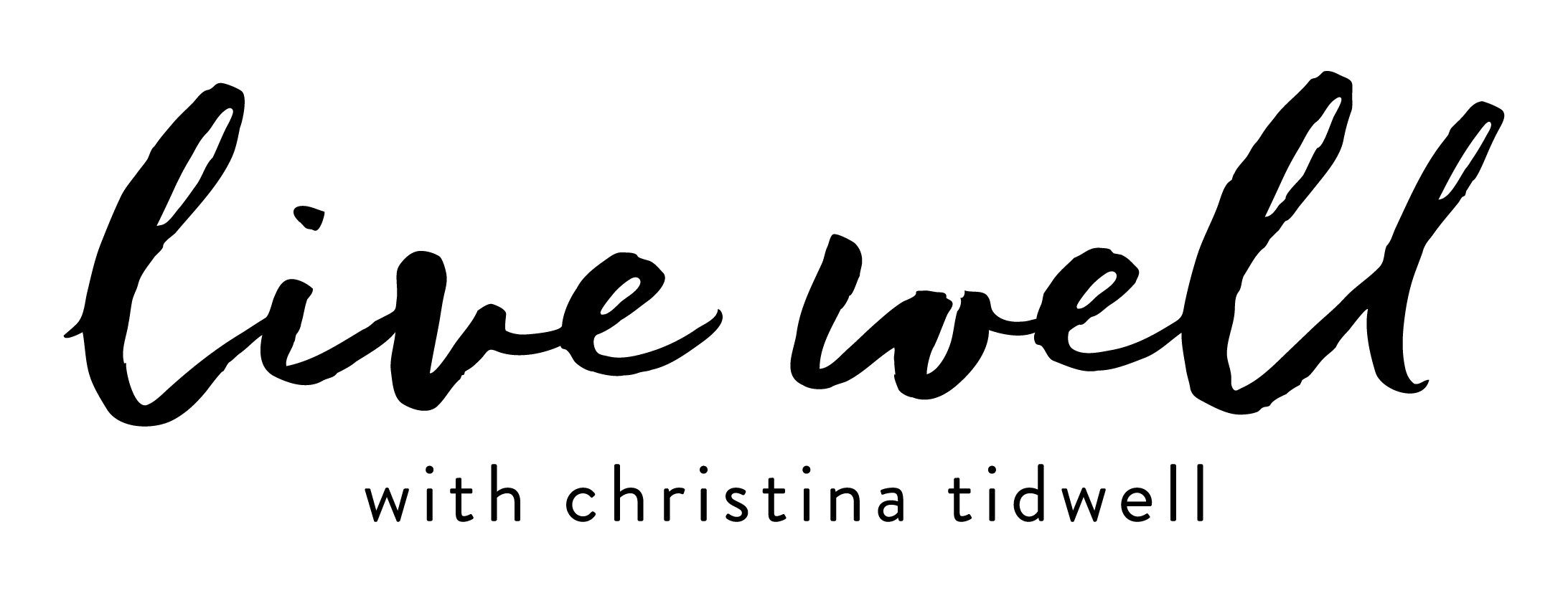What probiotic should I take?
Confused about what probiotic to take? Or even why you should be taking one in the first place?
We’ve heard a lot about gut bacteria or the microbiome recently as research in this area is exploding. Although there is still a lot we don’t know, we do know that the bacteria in our gut have been linked to autoimmunity, cancer, mental health, heart disease, obesity and metabolic disorders to name a few. [1, 2, 3, 4]
We can think of our gut as a little ecosystem with many different types of bacteria. There are trillions of bacteria living in our gut that can weigh anywhere from 1-6lbs! Researchers at the Human Microbiome Project now calculate that more than 10,000 microbial species occupy the human ecosystem. Isn’t that crazy?
We want this ecosystem to be in good balance for everything to functional properly. Most of the time these bacteria live in harmony and provide us with essential functions for survival. The roles these little guys play is actually critical for human survival. For example, genes carried by bacteria in the gastrointestinal tract allow humans to digest foods and absorb nutrients that otherwise would be unavailable. Wow!
Just like in nature, though, when you disrupt the ecosystem you can see a ripple effect and it can begin to cause big problems downstream. A good example is when you take antibiotics, a big gut bomb that kill lots of pathogenic as well as good bacteria in your gut, you risk getting a yeast infection. In this case, the good bacteria have been killed off and it’s allowed space for yeast to overgrow to a pathogenic level and cause symptoms we know as a yeast infection. The ecosystem has been disrupted.
Things like antibiotics, medications, diet, and stress can affect our microbiome and cause imbalances that can lead to overgrowth of bacteria or yeast and lack of microbial diversity. As you can see, having a good balance of beneficial bacteria in the gut is crucial for the functioning of the digestive system and in turn, your overall health!
Depending on your individual needs, bringing in a probiotic supplement or eating probiotic-rich foods are fantastic ways to support the ecosystem in your gut.
Probiotic Supplements
There are many good probiotic supplements out there and many different theories with about which ones to incorporate. For a good, broad spectrum, daily probiotic I like to incorporate products that have diversity of strains that provide both lactobacillus and bifidobacterium. One I’m currently loving is Ther-Biotic Complete from Klaire Labs.
You also want to look at the other added ingredients in the probiotics supplements. Some probiotics contain dairy or other common allergens like gluten, corn, soy, etc. Depending on your dietary needs you’ll want to check into that as well and avoid products that contain additives that don’t agree with you.
Everyday maintenance for someone who is in otherwise in good health would likely be lower than someone requiring therapeutic doses (such as 50 billion CFUs or more). A therapeutic dose might be warranted for post-operative situations, during or post-infection, and other acute or chronic situations resulting from impaired immune and gut health. Regardless of your probiotic goals, remember to start low and go slow with dosing to see what works for you!
A lot of the probiotic products I like are refrigerated. You’ll hear people say that refrigeration matters, or conversely that choosing a freeze dried product is the best, but it’s really more about the make up of that particular probiotic than just being refrigerated or not. Non-refrigerated types can be ideal for travel!
The success of one probiotic product over another is really going to depend on the terrain of the individual and some trial and error may be involved to find the right product or dose. These guidelines are general and serve as a starting point for you to get going!
If you're interested in taking this exploration further, you can deep dive into the world of probiotics at www.probioticadvisor.com.
Probiotic Foods
I absolutely love to incorporate probiotic foods into my daily diet as well. I love fermented veggies, kimchi, sauerkraut and drinks like beet kvass or low sugar kombucha. You can find my homemade coconut yogurt recipe here for a great, affordable way to get in some probiotics! I recommend focusing on veggies, yogurts, kefirs or drinks rather than packaged products touting probiotic benefits, as real, whole, live foods are sure to provide you with a more potent probiotic punch.
Again, I recommend starting low and going slow to see how probiotic foods affect you. I usually include just 1-2 tablespoons of fermented veggies with a meal. I know we can sometimes think if something is good, than more must be better! That is not necessarily true in this case. If you’ve never tried probiotic foods before I recommend buying a jar of fermented veggies at your local health food store and starting to experiment to see how you like them. Tending to your gut ecosystem helps not only your gut and digestive system, but also has far reaching effects too many body systems. You’re doing yourself a HUGE favor by incorporating good probiotic bacteria and tending to this important ecosystem!
Prefer to listen? Tune into The Live Well Podcast below (AND DON'T FORGET TO SUBSCRIBE SO YOU'LL NEVER MISS OUT!)
Click here to listen in iTunes
Click here to listen in Stitcher
Or if you’d like to play the episode right now in your browser, use the player below:
If we haven't met before, I'm Christina Tidwell, founder and owner of Live Well with Christina. I'm so excited that you're here and have begun to delve into your health and wellness journey! Here at Live Well we help people with autoimmune disease take control of their health through nutrition, lifestyle shifts and personal empowerment.
If you suffer from:
Fatigue and energy crashes
Brain fog
Poor digestion
Symptoms of autoimmunity
Stress and overwhelm
...and aren't getting the support you need, I can help guide you through the scope of 1:1 health and nutrition coaching.
Health coaching is a necessary extension of the health care system in that together we have more time to uncover issues, implement strategies and assess outcomes together to help you make sustainable and lasting changes. I offer accountability, knowledgeable guidance and most importantly support.
I always offer free 30-minute discovery sessions to get clear on your major health concerns and what’s standing in your way. Click the button below to set up your free consultation and we can create a plan of action specifically for you.



